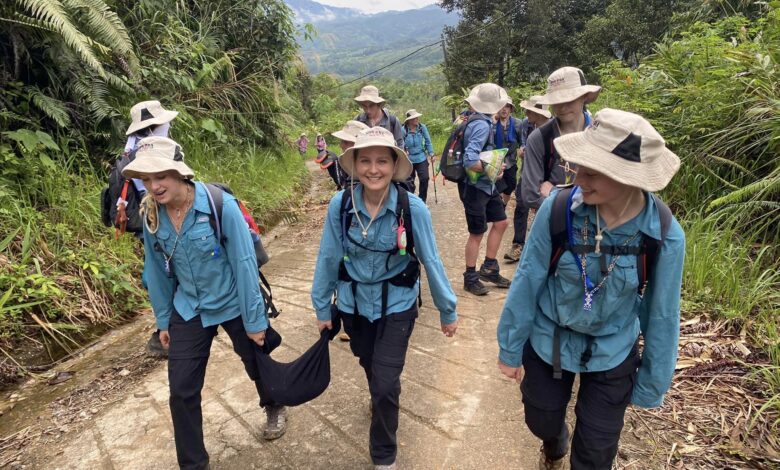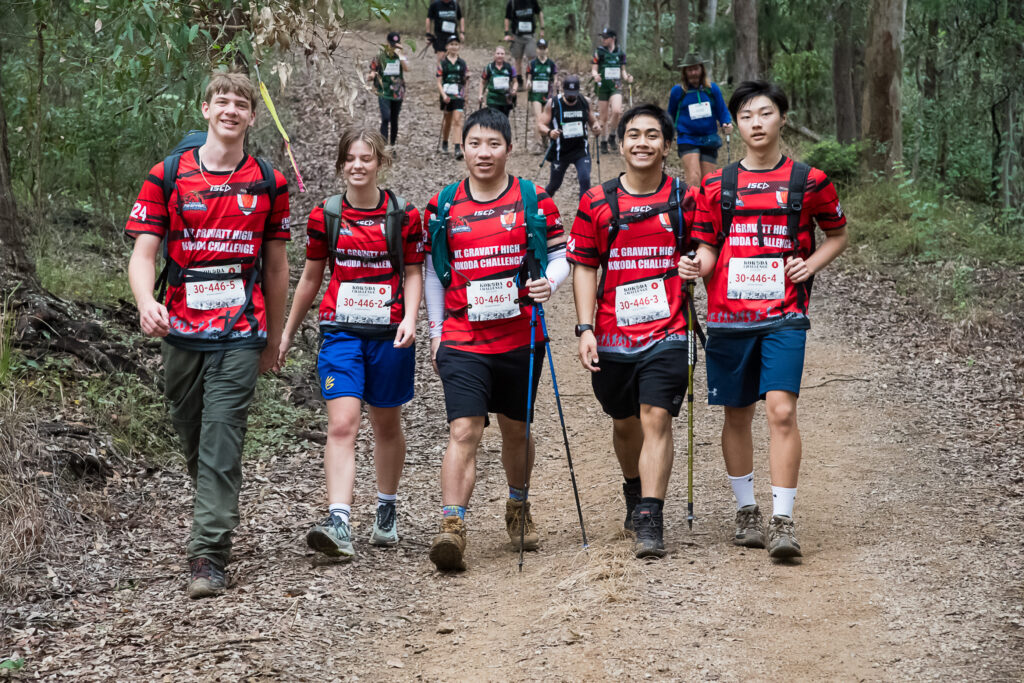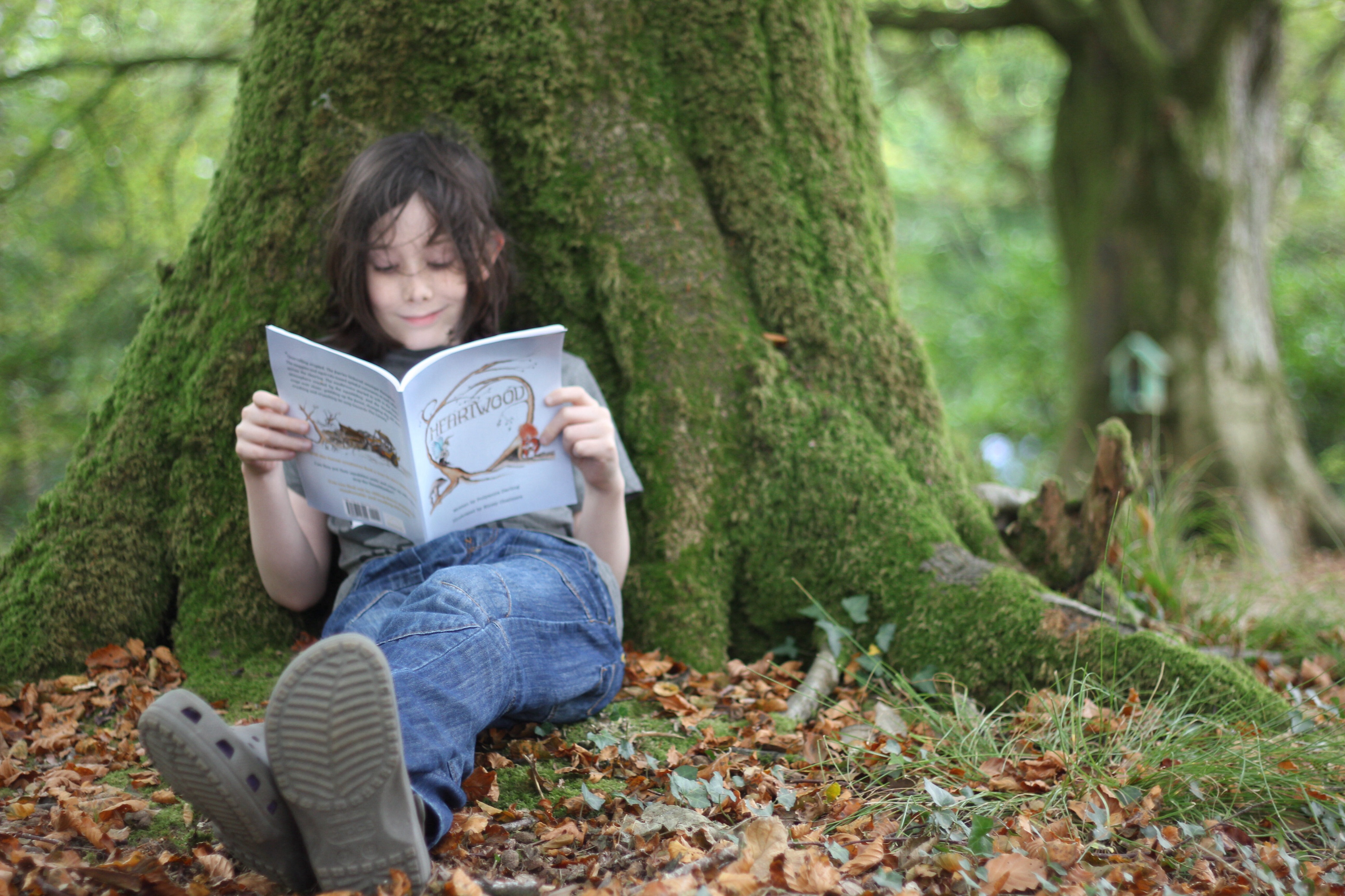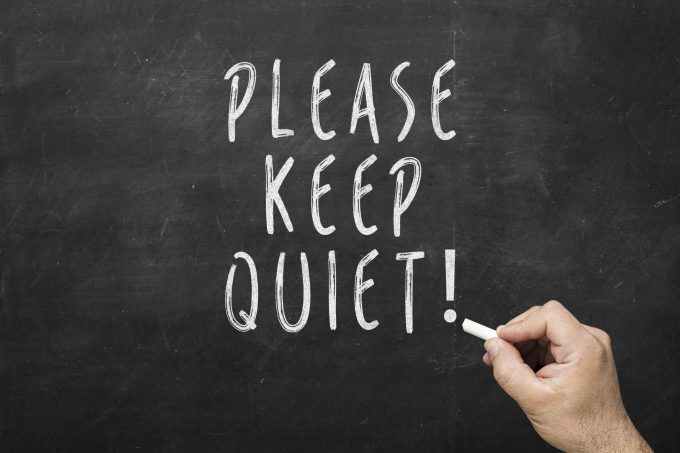The power of outdoor learning on emotional wellbeing
Spending time in green spaces reduces cortisol levels, lowers heart rate, and positively impacts mood and self-esteem

By Angie Debnam, CEO, Kokoda Youth Foundation
The increased time spent indoors is a contributing factor to the rise in poor mental health.

This shift from green time to screen time is at its highest among teenagers. I lead an organisation founded on the belief that outdoor environments provide some of the best opportunities for young people to learn and grow. Our flagship youth programs incorporate outdoor, adventure-based learning as well as mentorship and community service. Our participant survey results* show remarkable improvements in emotional wellbeing, confidence, and resilience.
Read the latest print edition of School News HERE
Elevating mood
According to Taking Charge of Your Health and Wellbeing*, spending time in green spaces reduces cortisol levels, lowers heart rate, and positively impacts mood and self-esteem. Even short periods outdoors can have immediate mental health benefits.
This is reflected in our data. Among the youth participants surveyed, more than 75 percent reported improvements in their confidence and self-esteem. When young people discover what they’re capable of, they bring that determined mindset back into the classroom. Sixty percent of our participants and their parents observed better academic focus and school performance following our outdoor programs.
Developing resilience
Resilience creates a strong foundation for overall wellbeing and lifelong success. Learning how to face and overcome challenges in a positive way, is essential to helping young people flourish.
In our study, 80 percent reported increased resilience overall, citing that the 48km Kokoda Challenge hike was a key moment of personal transformation. They developed a level of resilience that can be hard to replicate indoors, and this improved their emotional fortitude even after the adventure was over.
Alleviating anxiety
Outdoor learning experiences give students the chance to unplug from social media, screens, and the pressure to perform. Instead, they are encouraged to plug into the moment, into nature, and into real, meaningful human connection. This digital disconnection is a crucial element in alleviating anxiety and depression, replacing passive scrolling with active real-world engagement.

Building community
The impact doesn’t stop with the individual. Our data also shows that 65 percent of participants continued to engage in community service beyond their program graduation. They felt a greater sense of purpose as meaningful contributors in the world around them. Through community-based initiatives, young people learn empathy, responsibility, and teamwork—values that are integral to a fulfilling future.
Transforming lives
Learning in an outdoor environment is no longer just a nice-to-have—it’s a vital component of a balanced, effective approach to learning. Our programs are just one example of the transformative power of outdoor education in action and it’s exciting to see more organisations harnessing its many benefits. Our organisation will continue to champion this philosophy, encouraging the next generation to push their limits in the great outdoors, as they discover their true potential.
References
[1] How Does Nature Impact Our Wellbeing? – Taking Charge of Your Health …
[2] From the Kokoda Youth Foundation’s anonymous participant surveys, conducted in 2024







